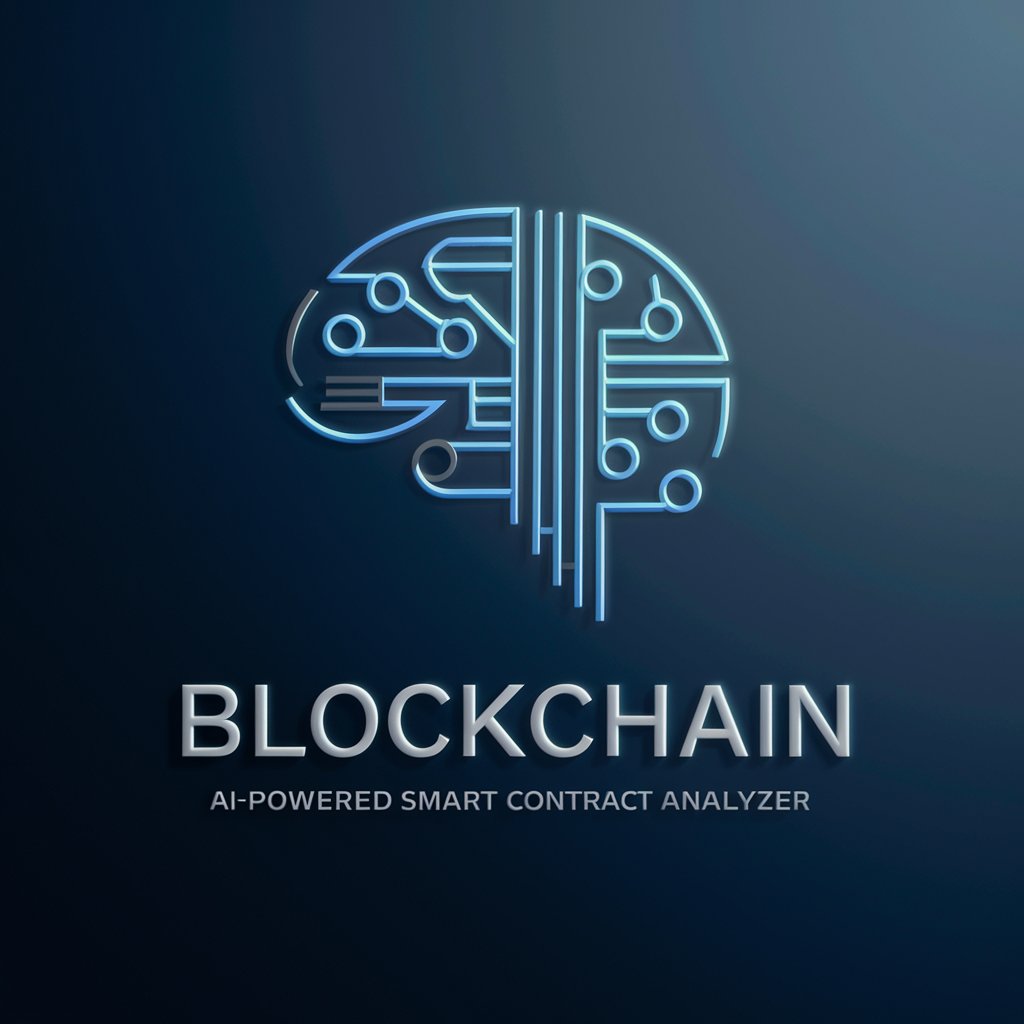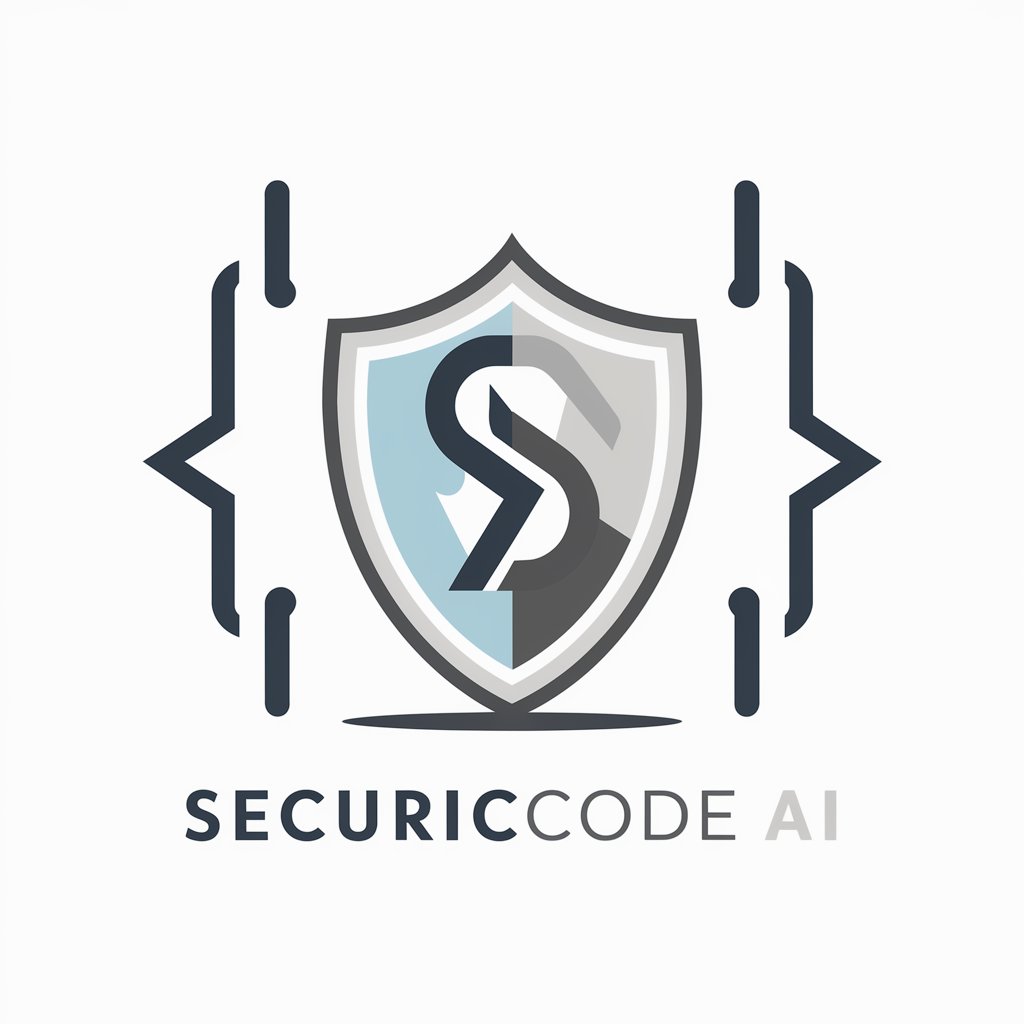5 GPTs for Vulnerability Scan Powered by AI for Free of 2026
AI GPTs for Vulnerability Scan are advanced tools leveraging Generative Pre-trained Transformers technology, designed specifically for identifying and assessing vulnerabilities within software and network systems. These tools utilize AI to automate the process of detecting security weaknesses, offering tailored solutions to enhance cybersecurity measures. Their relevance lies in their ability to adapt to the evolving landscape of cyber threats, providing precise, up-to-date insights for securing digital infrastructures.
Top 5 GPTs for Vulnerability Scan are: AuditBase Smart Contract Auditor,Smart Contract Auditor,Chrome Extension Analyst,Smart Contract Analyser,SecuriCode AI
AuditBase Smart Contract Auditor
Secure your contracts with AI-powered audits.

Smart Contract Auditor
Enhancing Smart Contract Security with AI

Chrome Extension Analyst
Unveil Chrome Extension Secrets with AI

Smart Contract Analyser
Enhancing Contract Security with AI

SecuriCode AI
Empowering secure coding with AI

Unique Attributes of AI GPTs in Vulnerability Assessments
These AI GPTs tools stand out for their adaptability across varying levels of vulnerability scanning complexity, from basic threat detection to deep security audits. Unique features include advanced language understanding for processing technical documentation, support for automated web searches to track emerging vulnerabilities, image analysis capabilities for identifying risks in multimedia content, and sophisticated data analysis for evaluating potential security breaches. These characteristics make them highly versatile and effective in the cybersecurity domain.
Who Can Benefit from AI-Driven Vulnerability Scans
The primary users of AI GPTs for Vulnerability Scan include cybersecurity novices seeking straightforward tools for basic threat detection, developers integrating security measures into their applications, and cybersecurity professionals conducting in-depth security audits. These tools are designed to be accessible to individuals without programming skills, while also offering advanced customization options for those with technical expertise, thus catering to a wide audience.
Try Our other AI GPTs tools for Free
Extension Audit
Discover how AI GPTs for Extension Audit revolutionize software extension management with advanced analytics, security assessments, and performance optimizations.
Investor Profiling
Discover how AI GPTs for Investor Profiling revolutionize investment strategies with tailored, data-driven insights into investor behaviors and market trends.
Competition Rules
Unlock the power of AI for navigating competition laws with our advanced GPT tools, designed for both novices and professionals seeking compliance and strategic insights.
Credit Counseling
Explore how AI GPTs are revolutionizing Credit Counseling with tailored advice, predictive analytics, and user-friendly tools for financial management.
FTC Compliance
Discover how AI GPTs for FTC Compliance revolutionize the way organizations approach Federal Trade Commission regulations, offering adaptive, real-time solutions for legal and data privacy challenges.
Finance Law
Discover how AI GPTs for Finance Law are revolutionizing the legal industry with tailored solutions for legal research, document analysis, and compliance, making legal processes more efficient and accurate.
Expanding Horizons with AI-Driven Security Solutions
AI GPTs for Vulnerability Scan represent a significant advancement in cybersecurity, offering solutions that are not only comprehensive but also customizable. Their ability to learn from vast amounts of data and adapt to new threats makes them invaluable. Moreover, their user-friendly interfaces ensure that securing digital assets is accessible to everyone, integrating seamlessly with existing systems to bolster overall security posture.
Frequently Asked Questions
What are AI GPTs for Vulnerability Scan?
AI GPTs for Vulnerability Scan are AI-powered tools designed to automate the detection and analysis of security vulnerabilities in software and network systems.
How do these tools adapt to different levels of complexity?
They use advanced AI algorithms to scale from basic threat detection to comprehensive security audits, adapting their analysis based on the complexity of the vulnerability scan required.
Can novices in cybersecurity use these tools effectively?
Yes, these tools are designed with user-friendly interfaces that require no prior programming knowledge, making them accessible to novices.
Are there customization options for professionals?
Yes, professionals can leverage programming interfaces and advanced settings to tailor the tools to specific security requirements.
What makes AI GPTs different from traditional vulnerability scanners?
AI GPTs incorporate advanced AI to understand and analyze technical documentation, web content, and data patterns, offering a more nuanced and comprehensive approach to vulnerability scanning.
Can these tools identify new or unknown vulnerabilities?
Yes, thanks to their AI capabilities, these tools can analyze emerging threats and unknown vulnerabilities by understanding and correlating various data sources.
How do AI GPTs enhance cybersecurity?
They provide automated, up-to-date insights into potential vulnerabilities, allowing for prompt and effective security measures to be implemented.
Can AI GPTs for Vulnerability Scan integrate with existing security systems?
Yes, many of these tools are designed to complement existing security infrastructures, offering seamless integration capabilities for enhanced protection.